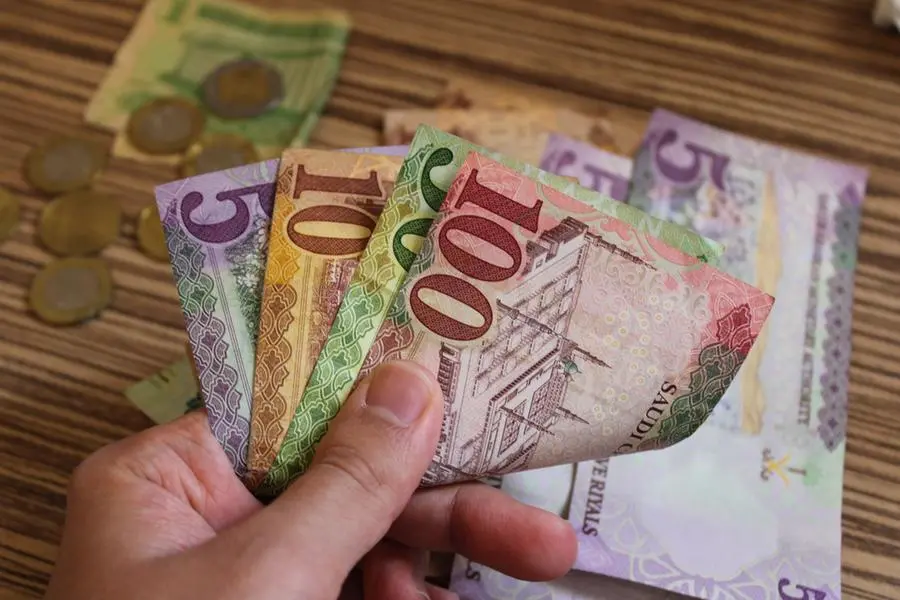PHOTO
The standalone credit profiles of Saudi Islamic banks are poised to remain strong, bolstered by high oil prices and favourable operating conditions, according to Fitch Ratings.
Strong credit growth will put pressure on capital, funding and liquidity. Banks are expected to continue diversifying their funding bases through wholesale funding, including sukuk issuance, which is becoming a bigger part of the funding mix. Nonetheless, deposits are likely to remain the main source of funding.
Saudi Islamic banks are well-placed in the banking sector, with larger retail franchises supporting higher margins, a lower cost of funding, and better asset quality.
Overall, financing growth has outstripped lending in recent years, driven by the mandate for all residential mortgages to be Sharia-compliant.
Islamic banking is dominant in Saudi Arabia, with the largest proportion of Islamic financing (85%) of any country that allows conventional banks to operate alongside Islamic banks, Fitch said.
By the end of 2023, customer deposits constituted 80% of Islamic banks’ funding, compared to 84% for conventional banks. The average financing-to-deposits ratio for Islamic banks rose to 102% at the end of 2023, up from 99% at the end of 2022, reflecting faster financing growth relative to deposit growth.
Deposit concentration remains high, except at Al Rajhi Banking and Investment Corporation, which benefits from a granular retail deposit base.
Despite facing tighter conditions, the liquidity management of Islamic banks is supported by the growing availability of government sukuk and liquidity-management tools from the central bank, the report said.
(Editing by Seban Scaria seban.scaria@lseg.com)





















